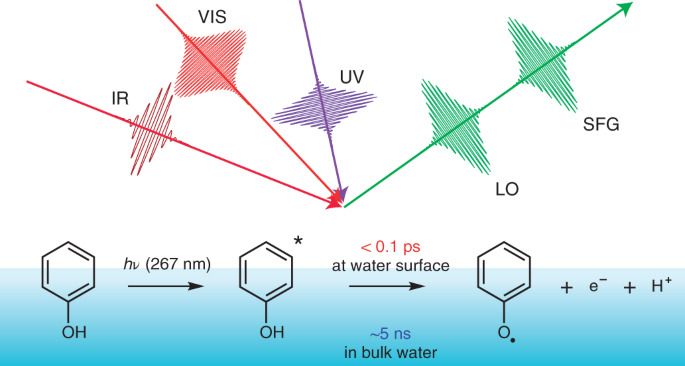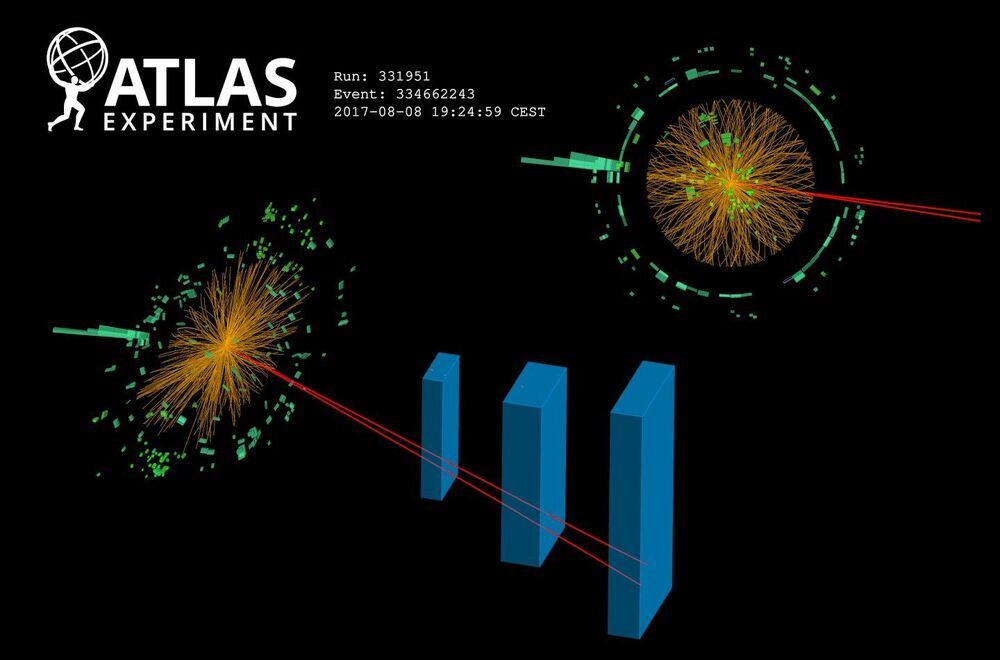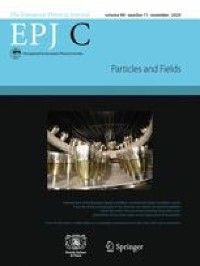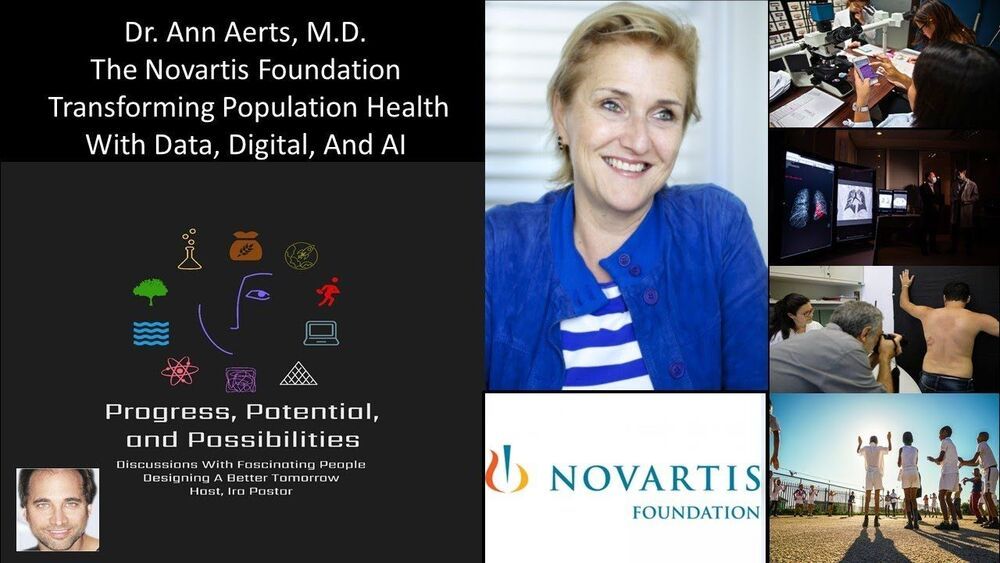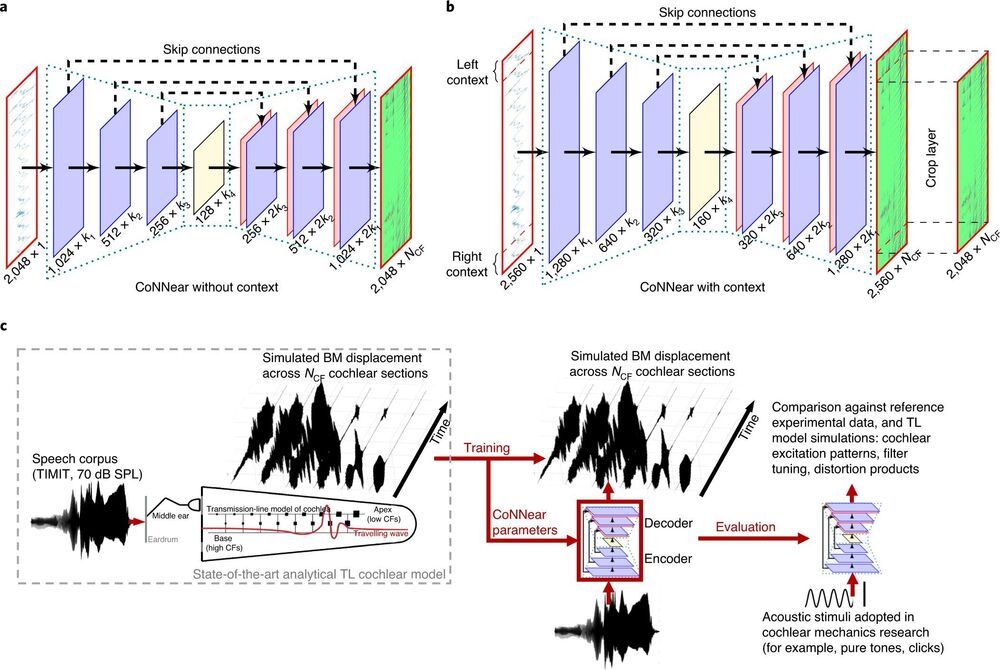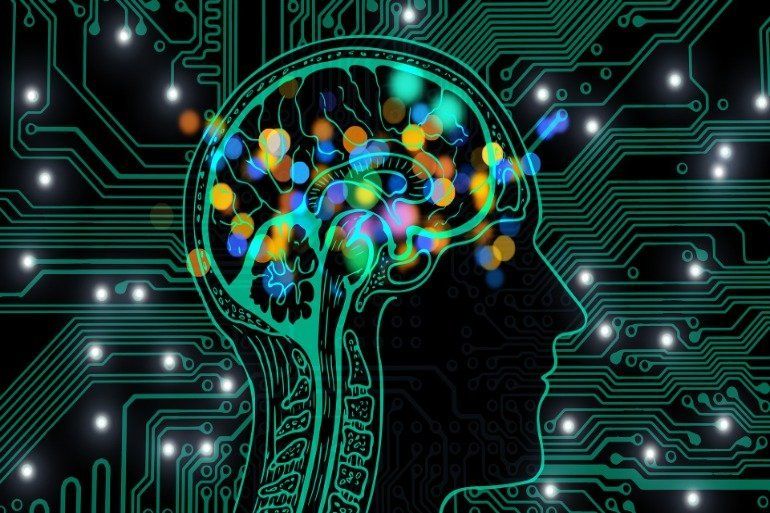
August 2020… “As Covid-19 continues to take lives on a daily basis, the search is ongoing for solutions that might prevent, cure or treat the deadly disease. In recent months, some have pointed to cannabis as a possible treatment for severe cases of the Covid-19 — pointing specifically towards the cannabinoid CBD, one of cannabis’ main chemical ingredients. And some research has suggested that this cannabinoid could be helpful. Now, a synthetic cannabinoid drug, ARDS-003, has been given approval by the FDA to begin phase-1 clinical trials. ARDS-003 is an injectable drug designed to help with acute respiratory distress syndrome (ARDS), a serious syndrome that occurs in severe cases of the novel coronavirus. This syndrome can be triggered during a cytokine storm, a dangerous over-elevation of cytokines. Cytokines are proteins which signal the body to produce more inflammation. While inflammation is a normal and healthy part of immune responses, when too much of it is produced, it can lead to serious and deadly problems like organ failure and ARDS. ”.
